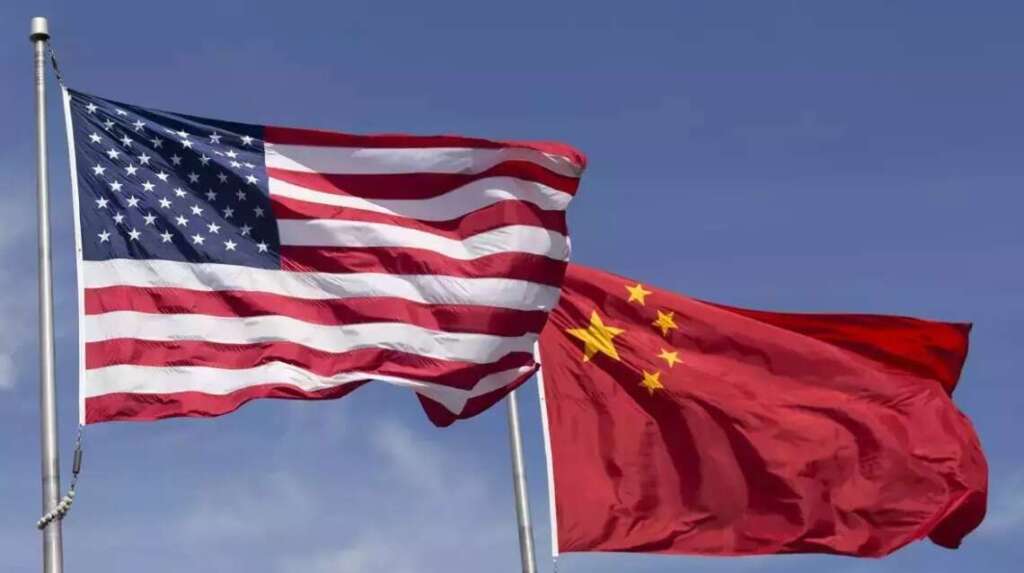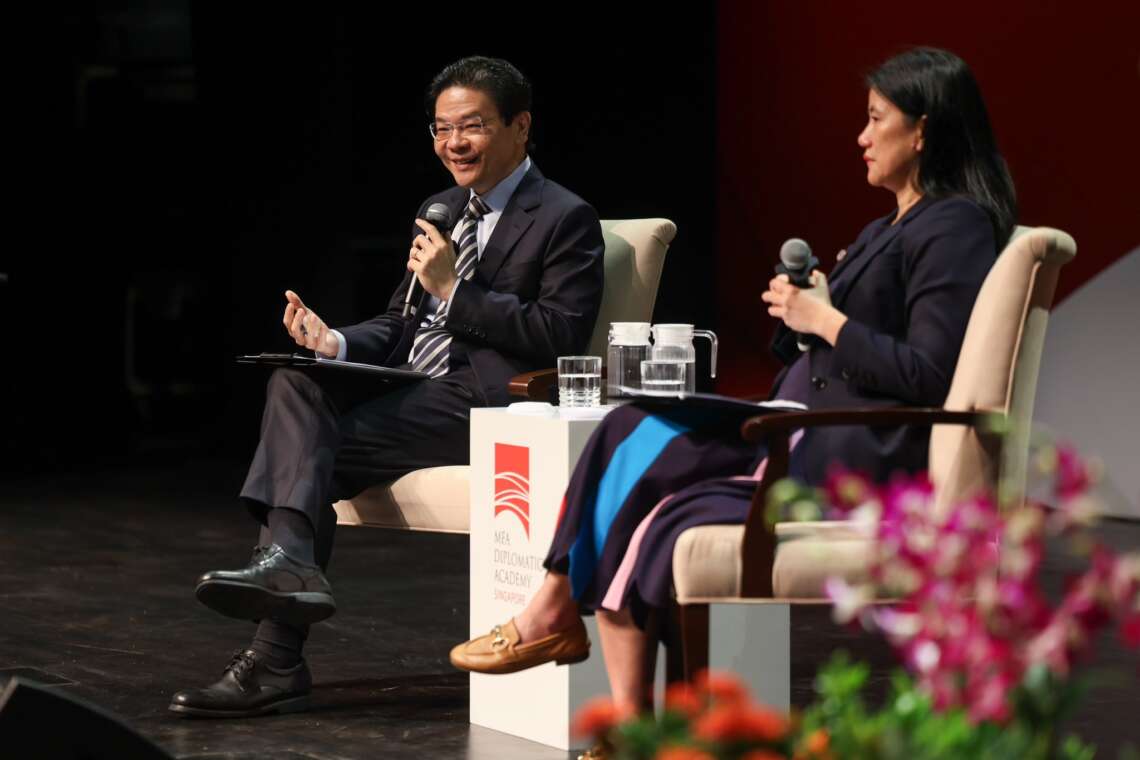US lawmakers express support for USTR’s action against China’s shipbuilding dominance. They also urge JPMorgan and Bank of America to withdraw from the controversial CATL IPO due to national security concerns.
Growing tensions between the United States and China have led to calls for action from Capitol Hill as lawmakers focus on two crucial issues: China’s trade practices and its military affiliations. The bipartisan Select Committee on the Chinese Communist Party (SCCCP) has recently expressed its support for U.S. trade policies aimed at curbing China’s unfair maritime industry practices, while also urging major U.S. financial institutions to reconsider their involvement in a Hong Kong IPO linked to China’s military ambitions.
The U.S. Trade Representative (USTR) has made significant strides in addressing concerns over China’s shipbuilding sector. In a recent report, the USTR’s Section 301 investigation concluded that China’s heavy use of subsidies and state-run companies to dominate global shipbuilding was distorting international markets and threatening American competitiveness. This move has been welcomed by key members of Congress, including Chairman John Moolenaar (R-MI) and Ranking Member Raja Krishnamoorthi (D-IL), both of whom voiced strong support for the USTR’s decision to counter China’s maritime expansion.
In a joint statement, Moolenaar and Krishnamoorthi expressed their approval, calling the USTR’s action a “necessary step toward protecting national security and revitalising America’s maritime strength.” They warned that China’s growing dominance in shipbuilding was not just an economic issue but also a national security concern, as the country increasingly leverages its commercial shipbuilding capabilities to strengthen its military, including its naval forces.
“We are encouraged by USTR’s decision to take meaningful action to counter China’s unfair and aggressive push to dominate global shipbuilding and maritime logistics,” the statement read. “This is the same playbook we’ve seen in semiconductors and solar—massive subsidies, anti-competitive tactics, and an effort to edge out American workers and businesses.”
The move comes as the U.S. seeks to push back against China’s extensive use of industrial policies to gain control over critical sectors. The USTR’s targeted measures aim to curb China’s unfair advantage and restore balance to a maritime sector long dominated by the state-run enterprises of the Chinese Communist Party (CCP).

Controversy Over Chinese IPO and Human Rights Concerns
At the same time, the SCCCP has also raised alarms over the upcoming Hong Kong IPO of Contemporary Amperex Technology Co., Limited (CATL), one of China’s largest manufacturers of lithium-ion batteries. On Thursday, Chairman Moolenaar sent letters to JPMorgan Chase & Co. CEO Jamie Dimon and Bank of America CEO Brian Moynihan, urging both financial institutions to withdraw their involvement in the CATL IPO. The letter cites growing concerns over CATL’s deep ties to the Chinese military and its links to human rights violations in China’s Xinjiang region.
According to the Department of Defense, CATL has been classified as a “Chinese military company” under Section 1260H of the National Defense Authorization Act (NDAA). The company is accused of supplying advanced lithium-ion batteries for China’s growing submarine fleet, which is a critical component of the country’s military modernization efforts. Additionally, CATL is reportedly connected to the Xinjiang Production and Construction Corps (XPCC), a paramilitary organization sanctioned by the U.S. for its role in the ongoing persecution of Uyghur Muslims in Xinjiang.
“If JPMorgan and Bank of America proceed with this IPO, they risk complicity in underwriting genocide, undermining American industry, and endangering U.S. service members,” Moolenaar wrote in the letters. He added that financial institutions should be particularly vigilant when it comes to companies with strong ties to the Chinese military and those linked to human rights abuses.
The U.S. lawmakers’ concerns are part of a broader push to limit Chinese influence in critical global industries, especially those related to technology and defense. Moolenaar emphasized that the SCCCP is actively monitoring how U.S. financial institutions engage with companies tied to the CCP, and called for increased scrutiny of such relationships.

National Security Risks and Financial Oversight
The stakes in these issues are high, particularly given China’s recent military posturing in the South China Sea and near Taiwan. The SCCCP has consistently warned that China’s growing military capabilities, especially its expanding navy, pose a direct threat to the United States and its allies in the Pacific region. As tensions rise, lawmakers are increasingly concerned that U.S. financial support for companies with military connections is effectively contributing to China’s military expansion.
The controversy surrounding CATL’s IPO is not just about business; it reflects a broader concern over the role of U.S. financial institutions in global markets. Critics argue that by underwriting IPOs for companies with military ties, banks like JPMorgan and Bank of America are inadvertently enabling China’s military ambitions while undermining U.S. interests.
Chairman Moolenaar has called for immediate action, urging financial institutions to consider national security and human rights in their decision-making. He also reiterated that the House Select Committee on China is closely examining such corporate decisions and will continue to push for stronger regulatory oversight of U.S. financial dealings with China-linked entities.
A Broader Strategy to Counter China’s Global Influence
The U.S. government’s efforts to counter China’s industrial and military expansion are part of a broader strategy to protect American interests and maintain a competitive edge in global markets. The USTR’s crackdown on China’s shipbuilding sector is a clear signal that the U.S. will not tolerate unfair trade practices, while the scrutiny of financial institutions involved with Chinese companies is a warning shot across the bow for those seeking to profit from China’s state-driven economy.
As the U.S. faces an increasingly assertive China on the global stage, both economic and national security concerns are driving new policy actions. Lawmakers are sending a strong message: the U.S. will act decisively to protect its industries, its military, and its values in the face of China’s rising influence.














